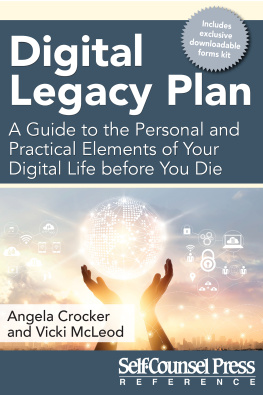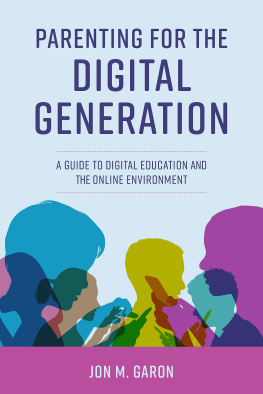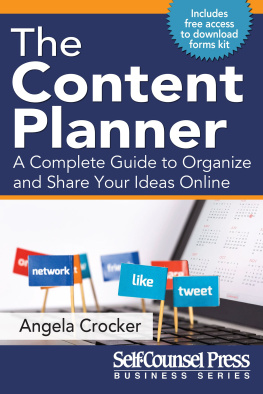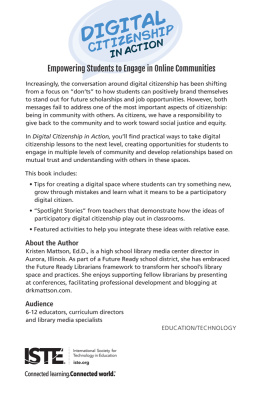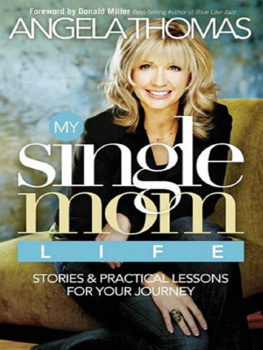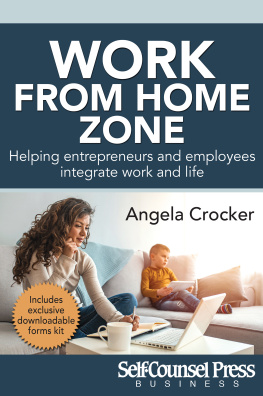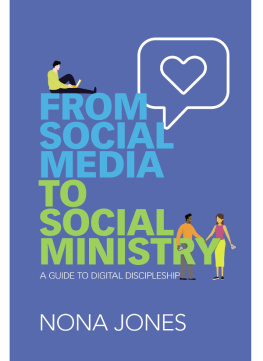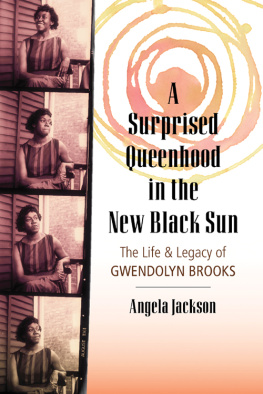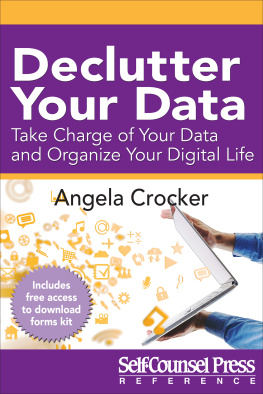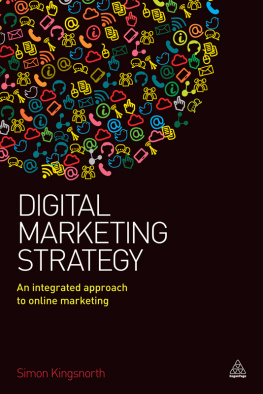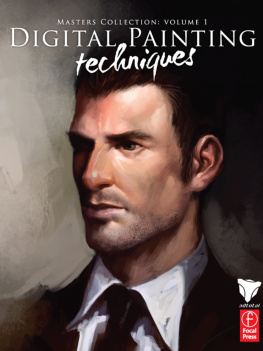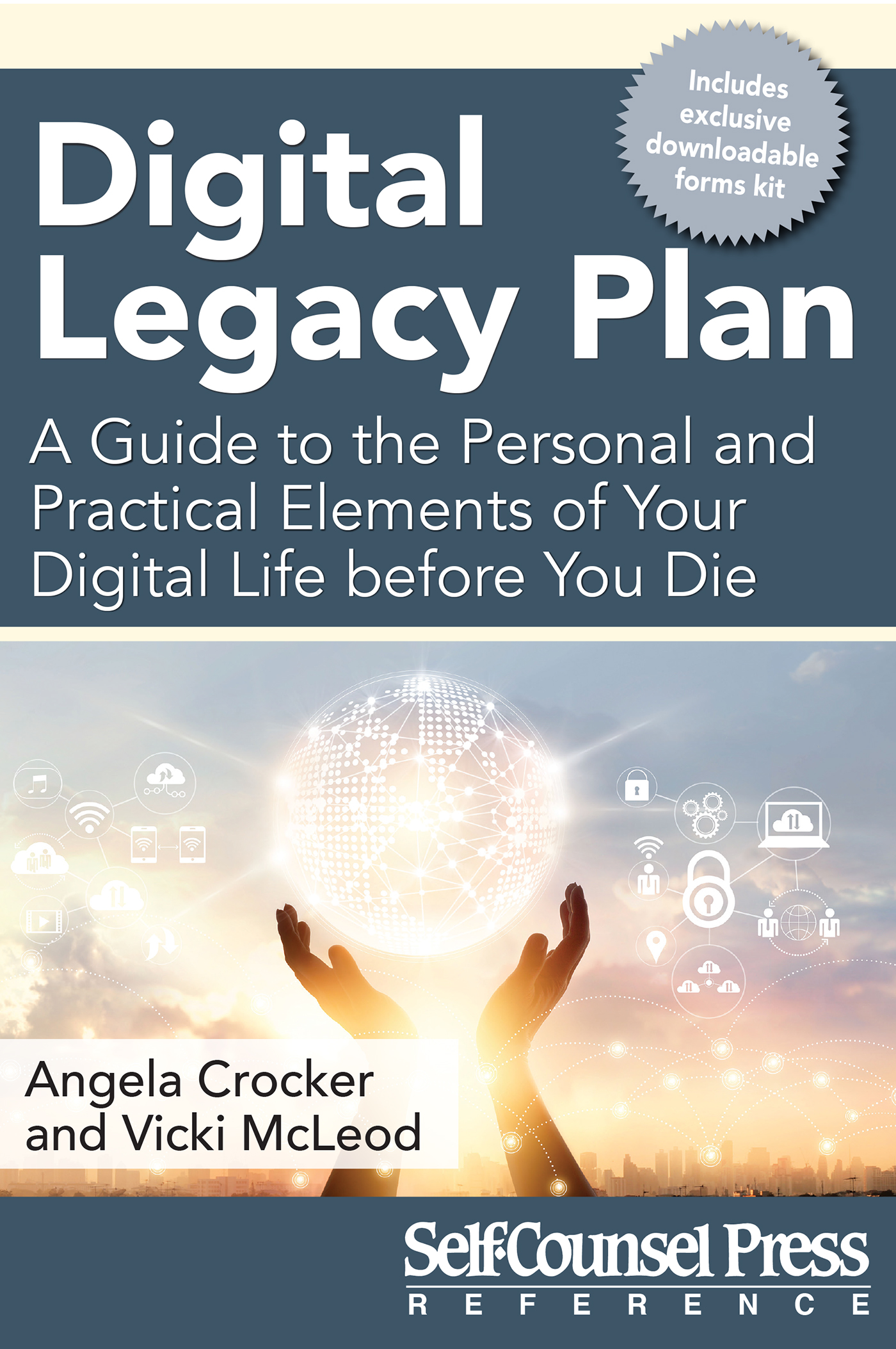Introduction
One hundred years from now, there will be 1 billion dead people on Facebook. Thats a sobering thought for each of us as we consider our own mortality. While it can be uncomfortable to talk about death, its important to prepare the personal and practical elements of your digital life before death. In this guide, co-authors Angela Crocker and Vicki McLeod offer solutions for the practical, social, emotional, and technical aspects of your digital legacy. They include best practices for online memorials, social media and mourning, and digital etiquette in death. Tools and resources are included throughout the book to help your digital estate planning and empower your estates executor.
From online banking to decades worth of digital family photos, copious creative or intellectual property, or personal history documented on social media, everyone has a widespread digital footprint that tells the story of our lives. How much of that story remains online after were gone? Who has access to banking, passwords, and important digital records? What about painful or deeply personal elements of your personal or professional legacy? In life, you have the opportunity to make choices about your digital legacy. If you dont, you risk your legacy being misinterpreted, lost, or simply becoming digital litter. Its time for a digital legacy plan.
Together, were here to guide you as you explore your digital legacy plan. Every plan is unique yet there are common themes and elements that are universal.
Vicki provides a perspective based on many years as a certified personal and business coach and as a leader in the human potential movement. Having worked intimately with hundreds of people, Vicki understands that human beings have a handful of core desires to have a sense of belonging, to feel creatively fulfilled, and to feel that their lives have mattered. The search for meaning is a deeply personal one. As we age, or start to consider the end of our lives, the subject of legacy becomes more important. Vicki is also an advocate for expressing authenticity in all that we do online and off and has been a leading voice in the world of ethical social media and digital marketing for using the internet mindfully, and finding a positive human balance between our digital and analog lives. In her book #Untrending, A Field Guide to Social Media That Matters: How to post, tweet & like your way to a more meaningful life (First Choice Books, 2016) she asked us to consider the legacy inherent in our social media posting habits and online behavior. She urged us to take a long view of our online engagements and how they impact the lives of those around us.
Complementing Vickis wisdom, Angelas professional work centers on communication, community, and education. With more than 25 years on the internet, she has lived through many shifts in our digital lives; from fax to email, from newsgroups to social media, from dial-up to Wi-Fi. Her work is grounded in academic studies in mass communication, print and online publishing, education technology, and more. Drawing on that knowledge, she teaches digital life skills to help individuals and businesses navigate the online world. Ever curious, Angela is a chronic researcher seeking to experience and understand how humans communicate and connect, how communities are built and maintained, and how technology plays a role in it all. At one time, she had more than 450 unique social media accounts open, mostly for research purposes! Shes especially interested in the affordances of technology that improve our lives while also advocating our right to decline technology and stick with analog solutions. Like Vicki, she is a pioneer of ethical social media. Angela first wrote about digital legacy planning briefly in her book, Declutter Your Data: Take Charge of Your Data and Organize Your Digital Life (Self-Counsel Press, 2018), a topic that resonated with readers and required further resources. In collaboration with Vicki, this book fills that need.
Philosophically, we are aligned in our steadfast belief that everyone needs a digital legacy plan. Let us be your guides as you explore new, and potentially tender, territory.
Throughout the book, you will find a variety of resources and worksheets to help you. Blank copies are available in the download kit included with the purchase of this book. We recommend you print and date this material as you work with it. Additional resources are also available, particularly the Death in the Digital Age group on Facebook, a community facilitated by Angela and Vicki where you are invited to share your process, ask questions, and hear what others are doing.
1. What Is Digital Legacy?
A legacy is anything material, emotional, or digital that leaves a lasting effect after we die. Many think of this in terms of the material goods typically described in a last will and testament such as your house, your car, your jewelry. Its also familiar to think about the emotional legacy we leave in the people who survive us children, friends, colleagues who remember us with love or respect or anger. Your legacy is also reflected in your body of work, or the impact you have had on the world around you. What will you be remembered for? Digital legacy is a modern extension of what we leave behind when we die.
At first glance, digital legacy might be mistaken for the technology that houses our information. Computers, mobile phones, cloud storage, and more store gigabytes or even terabytes of data in a compact package. But the real digital legacy is in the data files themselves. Some files are practical things such as financial records, land title documents, car ownership papers, custody agreements, medical details, and life insurance. Others are professional documents such as contracts, reports, databases, and client records. Additional files may be creative endeavors. Poetry, music, drawings, photography, or the novel you never finished writing could all be part of your legacy. Personal writing, too, can be left behind whether thats a diary, gratitude journal, correspondence, or vision board. Your digital legacy goes beyond the files in your technology think of your social media accounts, playlists, viewing history, podcast subscriptions, and more. Collectively, all this information and more is your digital legacy. What does your data say to the future?
2. Who Needs a Digital Legacy Plan?
This guide is for anyone using the internet to transact business, manage accounts, connect with loved ones, or engage in social media. Unless you are a celebrity, large brand, institution, or corporation that already has strategies in place to deal with legacy planning in all its forms, including digital, this guide will be a valuable resource.
Perhaps you are a solopreneur or an entrepreneur with a small business. You will find this guide a helpful companion, used in conjunction with strategic business planning. It is important to safeguard your online assets, both financial and intellectual. You will want to have a plan in place for transition or succession, should something happen to you or a business partner.
If you are a rising online brand or influencer, you will want to consider the transfer of digital resources, social proof or trust, and credibility and reputation in the event of your demise. Your digital assets, whether creative, or as part of marketing and sales funnels, have value. Hopefully, the fans and followers you have amassed are a vibrant community of ambassadors for the brand(s) you represent. They offer leverage and power in the marketplace. What have you done to protect ongoing revenue from online products or services?

